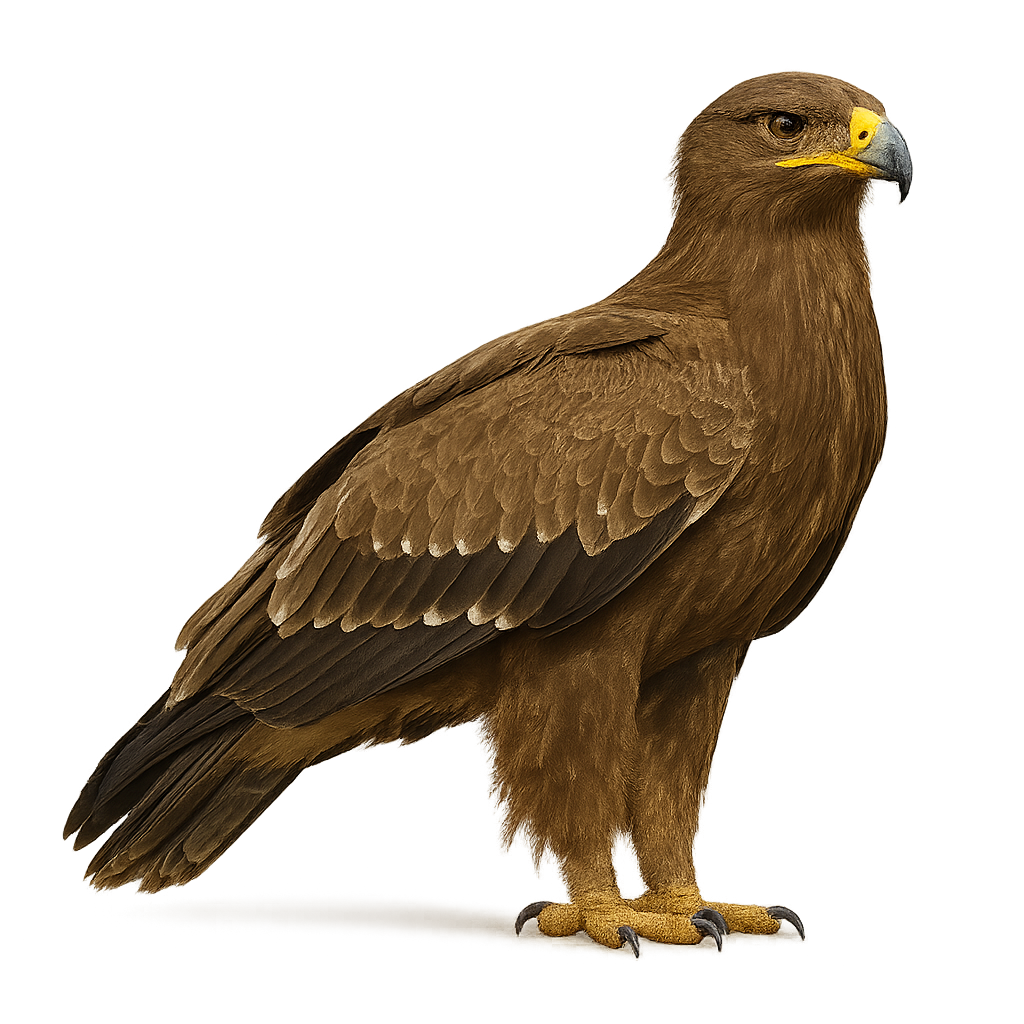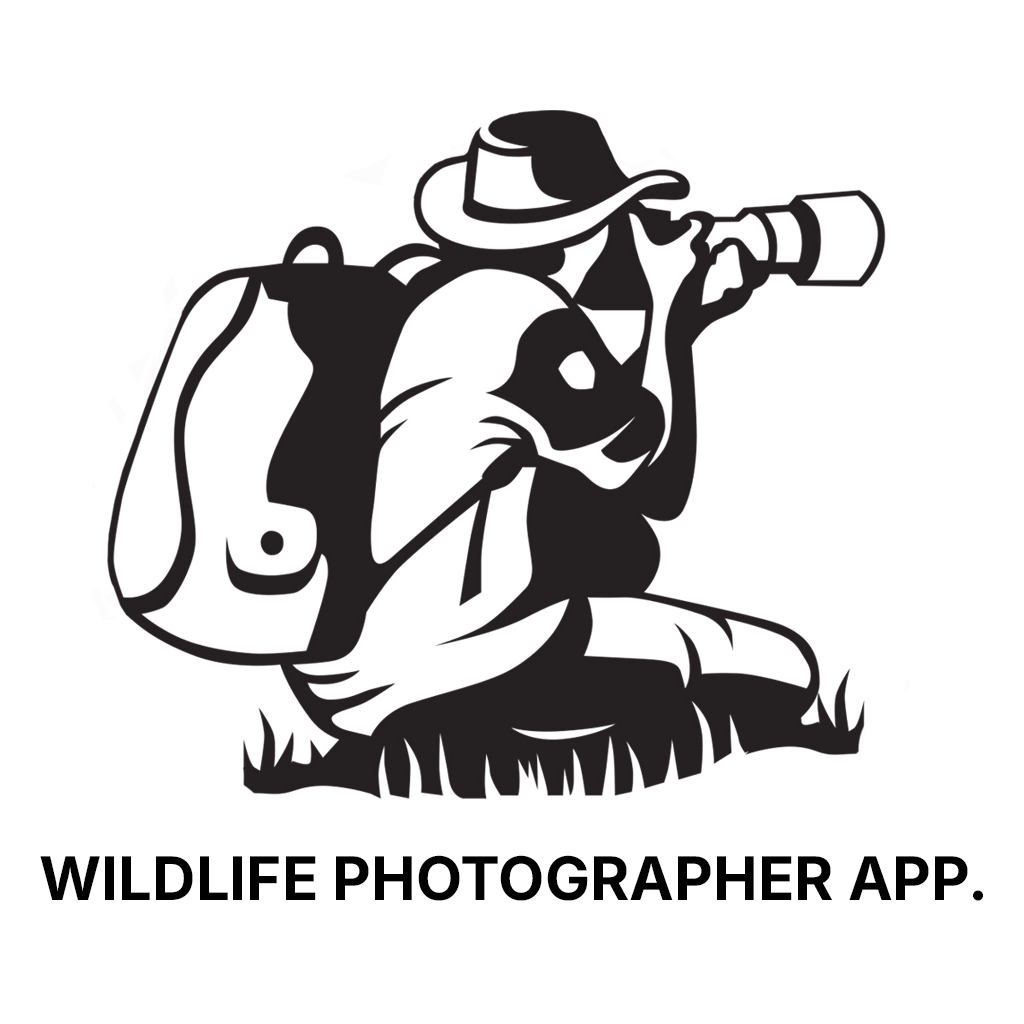Your wildlife photography guide.
Explore the lesser spotted eagle in detail, study its behavior, prepare your shots.
Where to observe and photograph the lesser spotted eagle in the wild
Learn where and when to spot the lesser spotted eagle in the wild, how to identify the species based on distinctive features, and what natural environments it inhabits. The WildlifePhotographer app offers tailored photography tips that reflect the lesser spotted eagle’s behavior, helping you capture better wildlife images. Explore the full species profile for key information including description, habitat, active periods, and approach techniques.
Lesser spotted eagle
Scientific name: Clanga pomarina

IUCN Status: Least Concern
Family: ACCIPITRIDAE
Group: Birds
Sensitivity to human approach: Very shy
Minimum approach distance: 50 m
Courtship display: April to May
Incubation: 36-41 jours
Hatchings: May to July
Habitat:
Open woodlands, meadows and edges
Activity period :
Primarily active during the day, with peak activity in the morning and late afternoon.
Identification and description:
The lesser spotted eagle is a medium-sized eagle, 62–68 cm long with a 145–165 cm wingspan, pale brown head and wing coverts contrasting with darker plumage, and usually a white 'V' on the rump. It inhabits open or lightly wooded country, feeding mainly on small mammals, birds and reptiles. During breeding, males perform undulating display flights and vocalize to attract females and defend territories.
Recommended lens:
400 mm – adjust based on distance, desired framing (portrait or habitat), and approach conditions.
Photography tips:
Position yourself at a forest edge or elevated vantage point ; anticipate its undulating display flights in the early morning to capture the eagle against the sky, using a fast shutter speed and shallow depth of field to isolate the subject.
The WildlifePhotographer App is coming soon!
Be the first to explore the best nature spots, track rutting seasons, log your observations, and observe more wildlife.
Already 1 449 wildlife lovers subscribed worldwide

